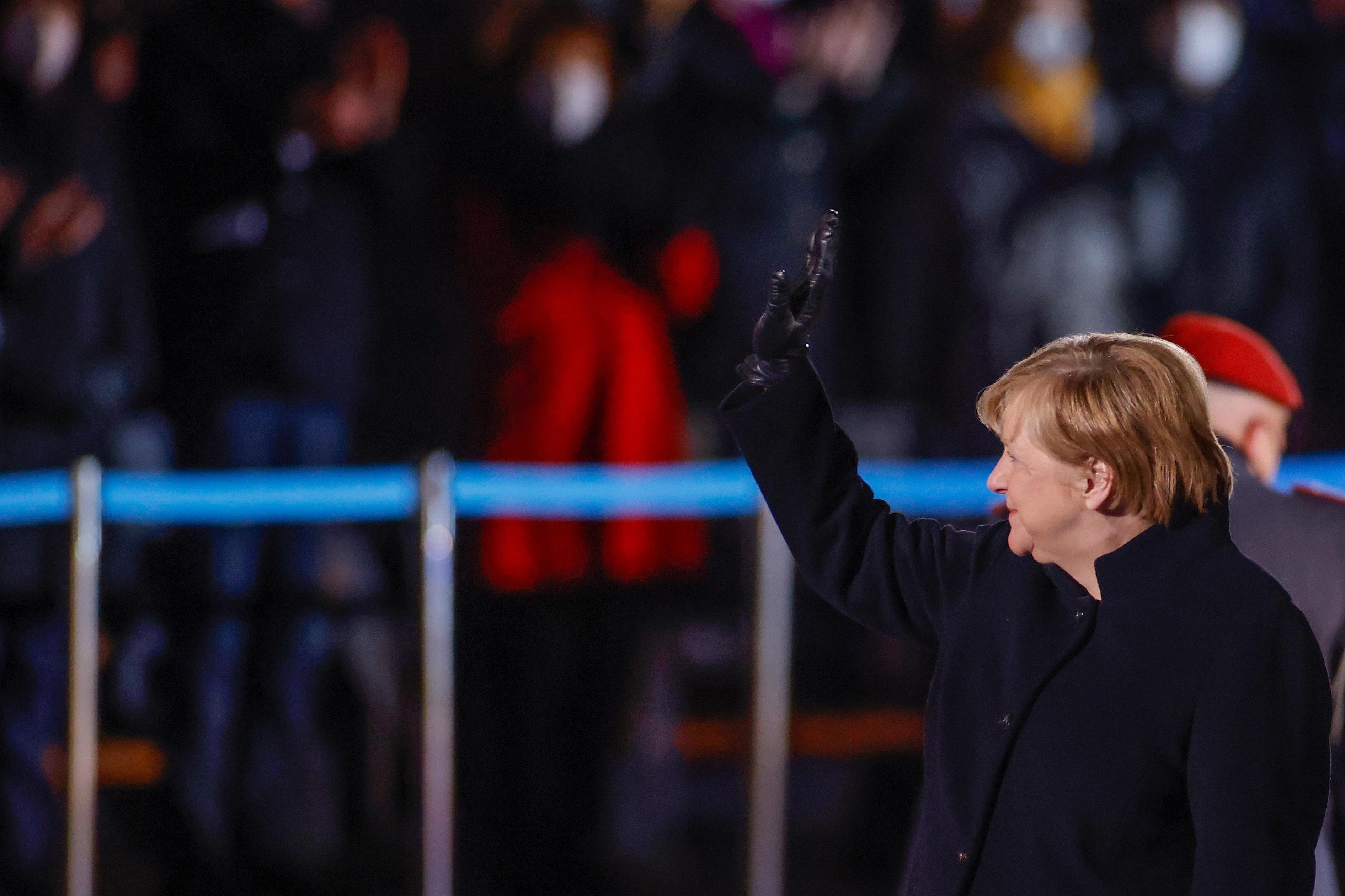Exit Angela, enter omicron. Social Democrat Olaf Scholz will officially take over this week as German Chancellor, leading a coalition with the Greens and the business-friendly Free Democrats. His government has already laid out plans to accelerate Germany's transition to carbon neutrality, to bolster European sovereignty in the face of rising challenges from Russia and China, and to rein in fiscal spending – not only in Germany but across Europe – as the pandemic recedes. But one immediate challenge is that the pandemic isn't actually receding yet. Scholz will take office just as cases are surging. The current 7-day average of new cases in Germany is more than twice as high as the previous peak which was a year ago, before vaccines were rolled out. With the evidently more transmissible omicron variant already spreading, Scholz has said he favors making vaccines obligatory, even as blowback against mandates has been rising in Europe.
More from GZERO Media
Toppling Maduro would be the easy part. On the GZERO World Podcast, Ian Bremmer and former US Ambassador James Story game out what a US intervention in Venezuela might look like—and more importantly, how the US would manage the aftermath.
Ian Bremmer responds to a viral backlash over his weekend photo joking about a “breadline” in New York City. Actually, a line of happy people waiting outside an artisanal bagel shop.
Ian Bremmer breaks down the Bush (HW)‑era precedent and what it tells us about a possible US intervention in Venezuela.
Angela Merkel was elected chancellor of Germany on November 22, 2005, becoming the first woman to hold that job. During that time Merkel was arguably the most powerful woman in the world, presiding over one of its largest economies for four terms in the Bundesregierung. Twenty years on, the anniversary is a reminder of how singular her breakthrough remains. It’s still the exception when a woman runs a country.
What We’re Watching: Kyiv gets a nugget US peace plan, Election day in Guinea-Bissau, Two men from Queens meet at the White House
Think you know what's going on around the world? Here's your chance to prove it.
What We’re Watching: US and Russia’s peace framework, West Africa on edge, Iran asks Saudi Arabia to put in a good word with Trump
US and Russia reportedly draft new Ukraine peace framework
